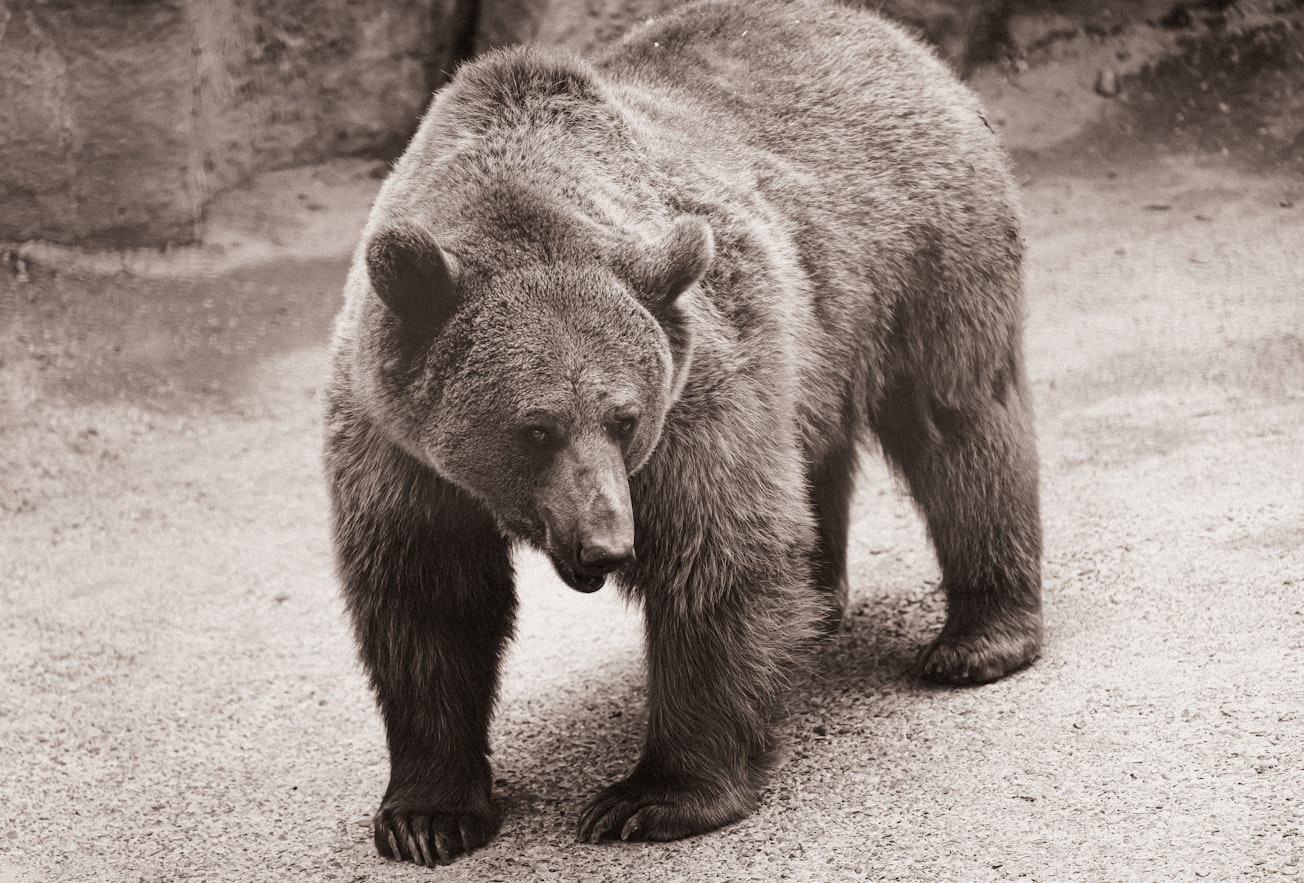What is it about?
Salish languages are a group of Native American languages that are spoken in British Columbia, Washington, Idaho and Montana (and formerly also in Oregon) and that go back to a common ancestor language spoken in a distant past. By comparing the words in the current languages we can often reconstruct what the words in this common ancestor languages must have been, but in the case of the words for 'Black Bear' and 'Grizzly Bear' this is complicated by the fact that the words for these two types of bears in one language often show no resemblance to the words in another language, and these differences are in a number of cases due to the fact that whatever the original words must have been, they were replaced with taboo-words (such as "the silvery-haired one" or "cousin" for the grizzly), since mentioning the original words for these animals might offend them.
Featured Image

Photo by Sultonbek Ikromov on Unsplash
Why is it important?
This is the first study that compares all recorded words for black bears and grizzly bears in the Salish languages and explores the reasons for why they are in general so different from each other. The article should be of interest not only to linguists, but also to anthropologists, as it reflects the respect that the First Peoples of North America had for these animals and for their natural environment in general. As such, the article also reflects a part of the cultural value systems of the first inhabitants of the North American continent.
Perspectives
Writing this article opened my eyes wider than before to a world of First Peoples' wisdom and insight in relationship to our natural environment, a relationship that we could (and should) draw very valuable lessons from in a time when we see the environmental degradation that results from not showing such respect.
Jan Van Eijk
First Nations University of Canada
Read the Original
This page is a summary of: Salish Words for ‘Black Bear’ and ‘Grizzly Bear’, Anthropological Linguistics, January 2017, Project Muse,
DOI: 10.1353/anl.2017.0011.
You can read the full text:
Resources
Contributors
The following have contributed to this page







